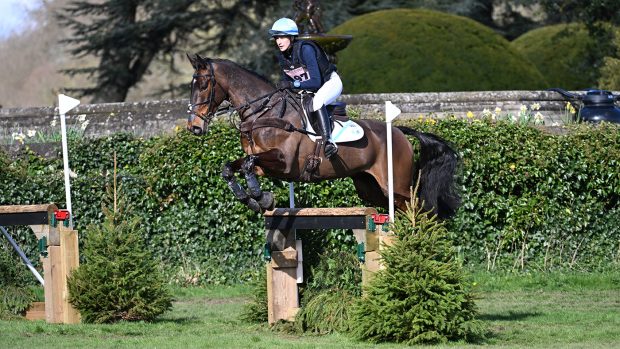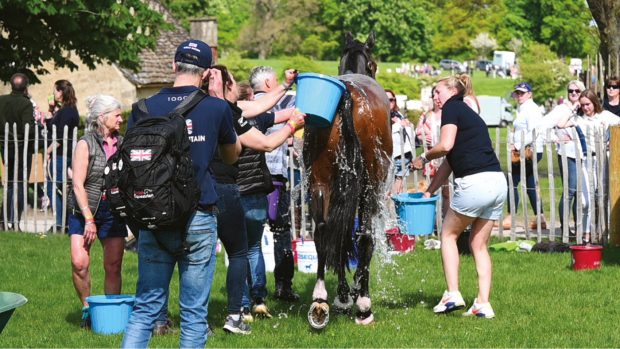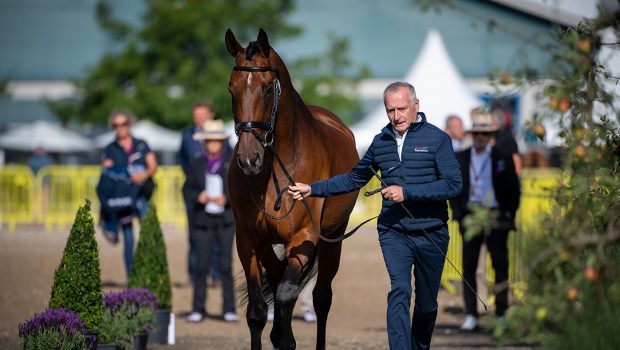Riders and organisers are criticising the International Equestrian Federation’s (FEI) plan to insist riders stable their horses at CIC***s (international advanced one-day events).
Previously, some horses competing in CIC***s — which often take two or three days — return home each night or stay locally.
But the FEI has adjusted the rules so that horses must now stay in the event’s stabling, which “if possible” must be on the event site.
Leicestershire-based Irish rider Mark Kyle lives within two hours’ drive of Belton and Chatsworth, but will now have to stable his CIC*** horses there.
“It’s unnecessary expense — it could cost £70-£80 for just one night,” he said. “We might have to stable the horses in other classes too, or leave a groom with the CIC horses.”
Belton organiser Stuart Buntine has not been able to organise on-site stabling at short notice, so is using stables at Arena UK, 4.5 miles away.
“Shifting lorries [to temporary stabling] would do massive damage to the land,” said Mr Buntine.
“We can offer better stabling at Arena UK at a fraction of the price [£20-£25 per night, rather than £70-£75].”
British Eventing’s Paul Graham added: “The new ruling may place unnecessary logistical burdens on organisers, not to mention financial implications.
“Riders will find it hard to comprehend why they have to stable when there are no requirements for stable security.”
The FEI is also making horse inspections at CICs [international one-day-events] more formal. The ground jury must now officiate, rather than being able to delegate to another FEI-listed judge, as before.
This will mean timetable alterations for some CICs — for example, some trot-ups used to be carried out in the dressage warm-up before each horse’s test, which will now be impossible.
“In terms of horse welfare, seeing that the horses are fit to compete is positive,” said Mr Graham. “The impracticality is forcing the ground jury to conduct the trot-ups. This will put extra pressure on events’ timetables.”
An FEI spokesman said: “This formalised system is the best to ensure that those horses that continue the competition are healthy and fit.”
This article was first published in Horse & Hound (4 February, ’10)




